Tooth Decay In Wisdom Tooth
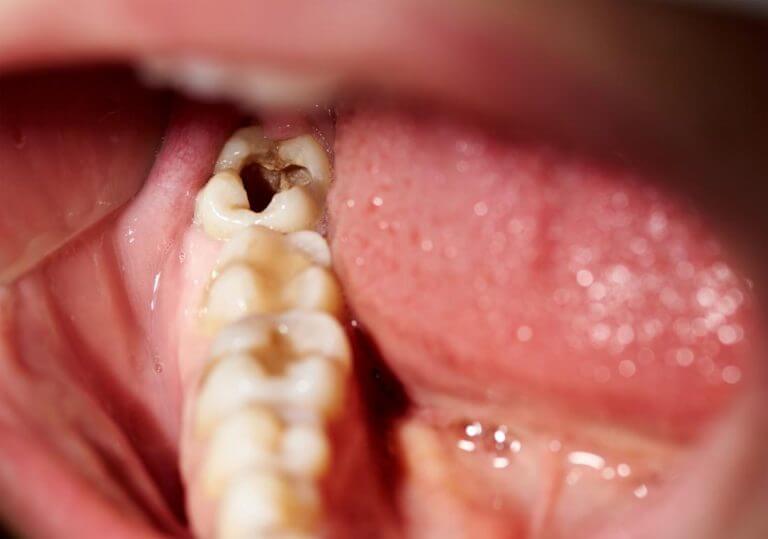
What Is Tooth Decay In Wisdom Tooth?
Wisdom teeth, also known as third molars, typically emerge during the late teenage years or early twenties. While these teeth can be valuable assets when properly aligned, they often become problematic due to lack of space in the jaw or improper eruption angles. One common issue affecting wisdom teeth is tooth decay, which occurs when bacteria in the mouth produce acids that erode the enamel, leading to cavities. When decay affects wisdom teeth, it can pose unique challenges and complications. Understanding this condition is crucial for maintaining optimal oral health and preventing complications down the road. Before you contact a Toronto dentist to examine Tooth Decay In Wisdom Tooth, there are some things you should know as a patient:
- Why Do I Have Tooth Decay In Wisdom Tooth?
- Signs And Symptoms Of Tooth Decay In Wisdom Tooth
- Treatment Options For Tooth Decay In Wisdom Tooth
- Managing Tooth Decay In Wisdom Tooth Until You Can See The Dentist
If you have questions about Tooth Decay In Wisdom Tooth or other dental problems, please contact us for more information.
Why Do I Have Tooth Decay In Wisdom Tooth?
When wondering why tooth decay occurs in wisdom teeth, several factors come into play:
- Poor Oral Hygiene Habits: Neglecting to brush and floss regularly allows plaque to build up on the surfaces of the wisdom teeth, promoting decay.
- Difficult-to-Reach Areas: Due to their location at the back of the mouth, wisdom teeth are often challenging to clean thoroughly, making them more susceptible to decay.
- Impacted Wisdom Tooth: Wisdom teeth may not have enough room to erupt properly, causing them to become impacted or partially erupted, creating crevices where bacteria can accumulate and cause decay.
- High Sugar and Carbohydrate Diet: Consuming excessive sugary and starchy foods provides fuel for bacteria in the mouth to produce acids that erode tooth enamel, increasing the risk of decay in wisdom teeth.
- Inadequate Fluoride Exposure: Insufficient fluoride intake or lack of exposure to fluoride through toothpaste or water can weaken tooth enamel, making wisdom teeth more prone to decay.
- Genetic Factors: Some individuals may inherit genetic traits that predispose them to weaker enamel or a higher likelihood of developing cavities, including in their wisdom teeth.
Understanding these factors can help you take proactive steps to prevent and manage tooth decay in your wisdom teeth, promoting better oral health outcomes. For more information about Tooth Decay In Wisdom Tooth, please contact us.
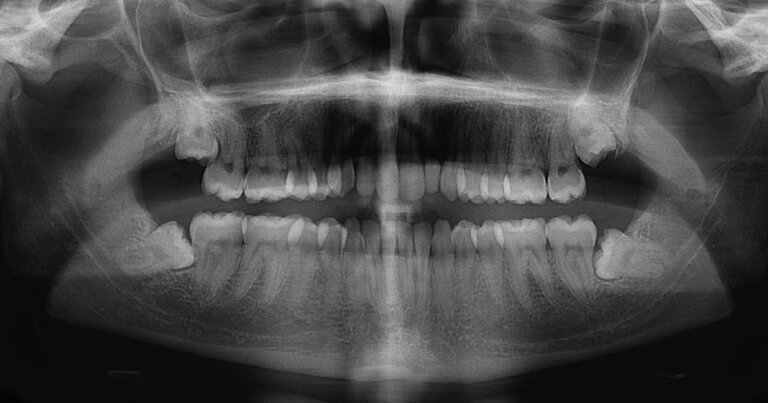
Signs And Symptoms Of Tooth Decay In Wisdom Tooth
Recognizing the signs and symptoms of tooth decay in wisdom teeth is crucial for timely intervention and treatment. Look out for:
- Toothache or Tooth Sensitivity: Persistent pain or sensitivity in the area of the wisdom tooth, especially while chewing or consuming hot, cold, or sweet foods, may indicate decay reaching the nerve.
- Visible Holes or Dark Spots: Inspect your wisdom teeth regularly for visible cavities, holes, or dark spots on the surface, which are indicative of decay progressing through the enamel.
- Bad Breath or Unpleasant Taste: Persistent bad breath or an unpleasant taste in the mouth, particularly around the area of the wisdom tooth, can result from bacteria accumulating in cavities and causing decay.
- Gum Pus or Abscess Formation: The presence of pus or a visible abscess (a painful, swollen area filled with pus) near the affected wisdom tooth indicates an advanced dental decay affecting the nerve space inside the wisdom tooth. This requires immediate attention from a dentist.
Being mindful of these signs and symptoms allows for early detection and prompt treatment of tooth decay in wisdom teeth, preventing further complications and preserving oral health. For more information about Tooth Decay In Wisdom Tooth, please contact us.
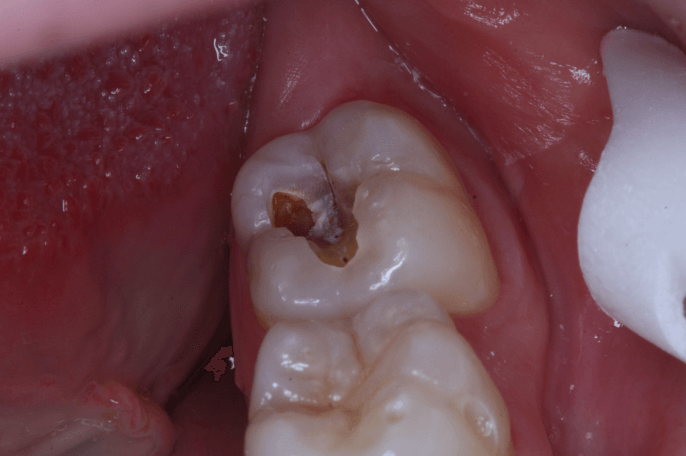
Treatment Options For Tooth Decay In Wisdom Tooth
When tooth decay affects a wisdom tooth, several treatment options are available to address the issue effectively:
- Dental Fillings: If the decay is detected early and is limited to the enamel or dentin, your dentist may recommend a dental filling to restore the affected area and prevent further decay.
- Root Canal Therapy: In cases where the decay has reached the pulp (the innermost layer of the tooth containing nerves and blood vessels), root canal therapy may be necessary to remove the infected tissue and seal the root canal to prevent reinfection.
- Extraction: For advanced decay, severe infection, or impacted wisdom teeth causing recurrent problems, extraction may be the most appropriate solution. Removing the affected tooth can alleviate pain and prevent complications.
Your dentist will assess the severity of the decay and discuss the most suitable treatment options tailored to your specific needs, ensuring optimal outcomes and long-term oral health. For more information about Tooth Decay In Wisdom Tooth, please contact us.
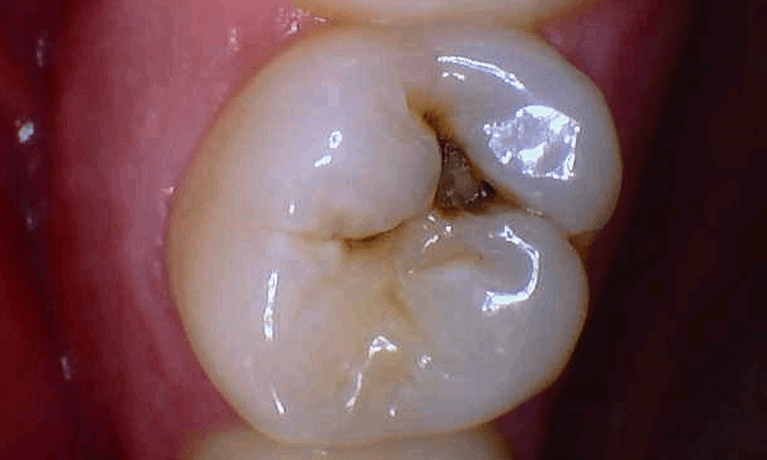
Managing Tooth Decay In Wisdom Tooth Until You Can See The Dentist
While waiting to see the dentist for treatment of tooth decay in a wisdom tooth, you can take several steps to manage discomfort and minimize further damage:
- Use Over-the-Counter Pain Medication: Over-the-counter pain medication, such as Advil (ibuprofen) or Tylenol (acetaminophen), can help relieve pain from tooth decay in a wisdom tooth. Follow the instructions on the label and do not exceed the recommended dose. Unless you have a health condition that prevents you from taking either ibuprofen or acetaminophen, the absolute maximum dose that I recommend patients take for the worst dental pain is 600 mg ibuprofen combined with 1000 mg acetaminophen every 4 to 6 hours.
- Keep the Affected Tooth As Clean As Possible: Keeping the affected wisdom tooth clean can help prevent further infection and alleviate some of the pain. Brush and floss gently around the tooth. Rinsing your mouth with warm salt water or mouthwash can help reduce infection, inflammation and alleviate toothache pain. You can buy any mouthwash available at your pharmacy or health foods store. Alternatively, you can mix a teaspoon of salt in a cup of warm water and swish the solution around your mouth for about 30 seconds before spitting it out.
- Apply a Cold Compress: Placing an ice pack or cold compress on the affected area can help reduce swelling and numb the pain. Wrap the ice pack in a cloth and apply it to your cheek for 15-20 minutes at a time.
- Soft Foods: Stick to soft foods like soup, yogurt, or mashed potatoes to avoid aggravating the affected area. When eating food, favor the side that is not causing you pain so to avoid further irritating the affected side. Food, bacteria and any other debris will not get impacted into the area of your wisdom tooth.
By following these interim measures and seeking prompt dental care, you can effectively manage tooth decay in a wisdom tooth and prevent complications until professional treatment is available. For more information about Tooth Decay In Wisdom Tooth, please contact us.
We also think you’ll like…
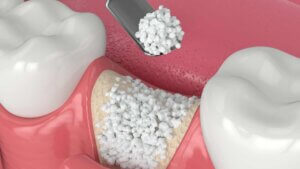
Dental Bone Graft
Dental Bone Graft What Is Dental Bone Graft? Dental bone grafting is a remarkable procedure designed to restore and enhance the underlying bone structure of
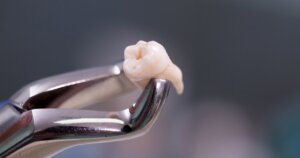
Wisdom Tooth Removal Post Operative Instructions
Wisdom Tooth Removal Post-Operative Instructions What You Should Do After Your Wisdom Tooth Extraction Surgery Wisdom tooth extraction is a surgical procedure to remove one

Wisdom Tooth Removal Pre-Operative Instructions
Wisdom Tooth Removal Pre-Operative Instructions What You Should Do Before Your Wisdom Tooth Extraction Surgery Wisdom tooth extraction is a surgical procedure to remove one

Alveolar Bone Preservation
Alveolar Bone Preservation What Is Alveolar Bone Preservation? Alveolar bone preservation is a dental procedure that involves placing a bone graft material into the socket
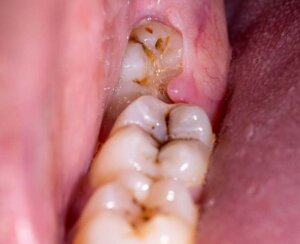
Impacted Wisdom Tooth
Impacted Wisdom Tooth What Is an Impacted Wisdom Tooth? If you’ve ever felt a dull ache in the back of your mouth or experienced discomfort

Wisdom Tooth Pain
How To Make Wisdom Tooth Pain Go Away What Is Wisdom Tooth Pain? Wisdom tooth pain is a common dental issue that many people experience

